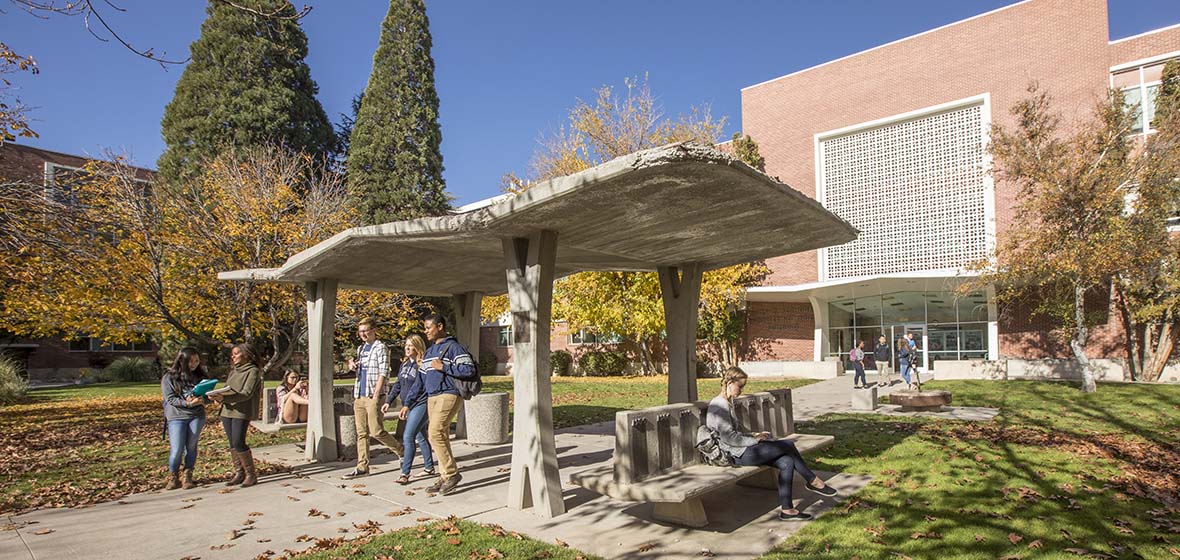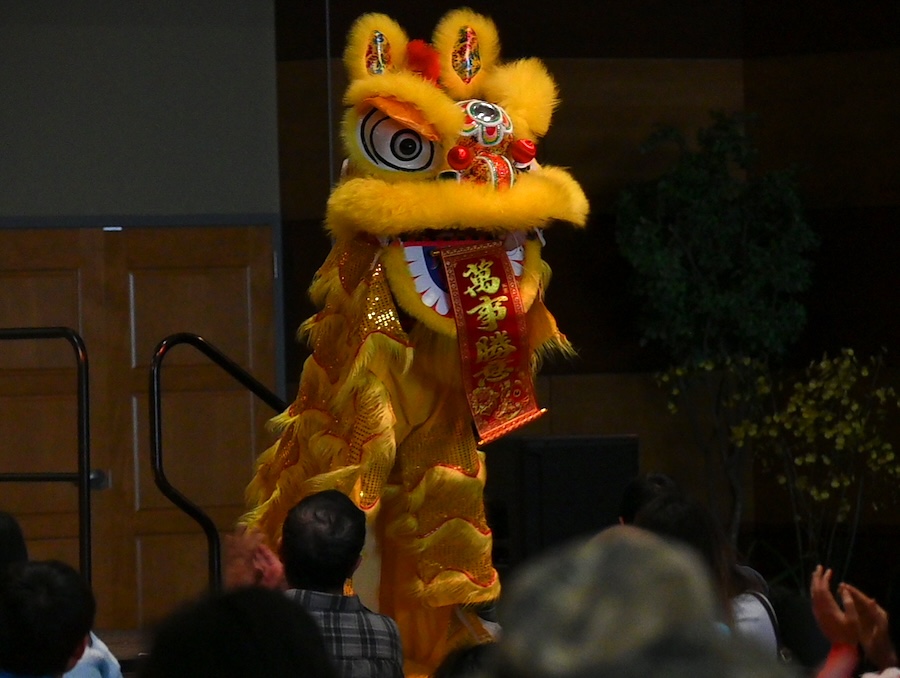A Department of Psychology professor recently had his work published on the subject of reducing motion sickness.
Paul MacNeilage, assistant psychology professor in the University of Nevada, Reno's Integrative Neuroscience department within the College of Liberal Arts, was notified before the start of the fall semester that a recent research article was to publish in Current Biology. His paper, which was conducted while he was in Germany prior to being hired at the University, proposes a model for how the brain detects visual-vestibular conflict and how human participants perform to that model.
"It suggests conflict detection and perhaps motion sickness can be minimized by adopting the proper fixation strategy," MacNeilage said. "That is by fixating a point that moves with the head rather than fixating points in the environment."
The experiment used a motion simulator to track participant's eye movements, which found that the participants found conflicts best when tracking the visual environment with their eyes.
MacNeilage hopes that the findings will help those suffering from severe motion sickness.












